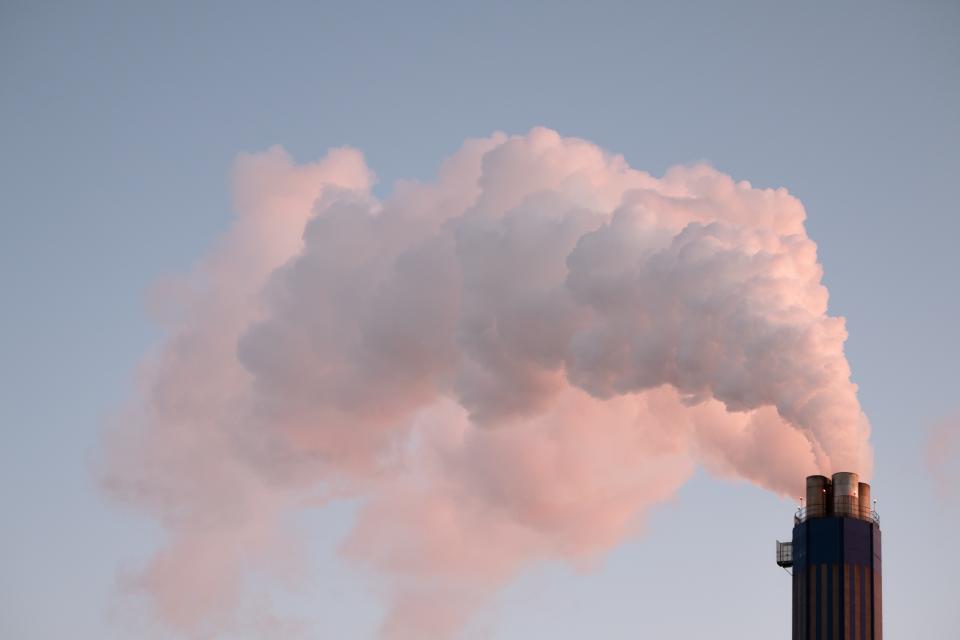The Environmental Board has allowed some companies to use oil shale oil as a reserve or main fuel and, in addition, two companies to temporarily not comply with the maximum limit for air pollutants. This is due to the critical situation on the natural gas market and was done with the aim that during this heating period people's rooms do not remain cold and production does not stop. Unfortunately, the use of shale oil is accompanied by local air quality problems, which are perceived by people as an unpleasant smell.
This year, the Environmental Board has received 30 requests from companies, with which the companies want to change shale oil, which is an alternative fuel with the existing environmental permit, to the main fuel. Most of the applications were received from companies in the regions of Harjumaa, Lääne and Ida-Virumaa.
According to Erik Kosenkranius, the Deputy Director General of the Environment Agency in the field of environmental use, the Environment Agency is based on the principle that during the heat production process, there is no danger to human health and the environment. "Our goal is to prevent or reduce the adverse impact of the pollutant on human health and the environment. Specialists of the Environmental Board assess how heat production can affect the pollution level in the area and whether it remains within the limits. The agency does not grant permission for activities that threaten human health and the environment," said Erik Kosenkranius.
When shale oil is burned and loaded, a specific smell may spread in the area, which is not dangerous to human health, but can be disturbing and cause discomfort. In Estonia, there is a maximum limit for smell. The company may cause an unpleasant odor nuisance to the public for approximately 1314 hours per year. If the smell occurs more often, the company is obliged to take measures to reduce the occurrence of the smell.
The Environment Agency, together with companies, is looking for the best ways to reduce the odor problem. "We communicate with companies and give them recommendations on how to reduce unpleasant odors. For example, in order to reduce the smell created when loading oil shale oil, loading oil shale oil can be planned for a time when there are as few people as possible in the area," explained the Deputy Director General of the Environmental Board. "It is important to realize that this activity is not dangerous for human health, but causes odor disturbance," added Erik Kosenkranius.
The exceptions to the emission limit values are temporary and granted only for one heating period. The permits issued by the Environmental Board, which allow the use of shale oil as a reserve or main fuel, are open-ended, but in the future, strict emission limit values will apply to most combustion devices, in order to comply with which companies will have to make the fuel they use or their technology more environmentally friendly.



